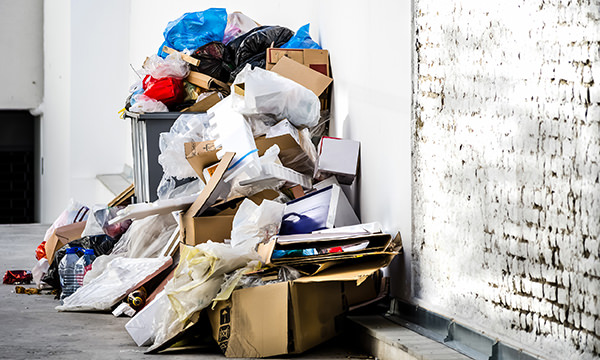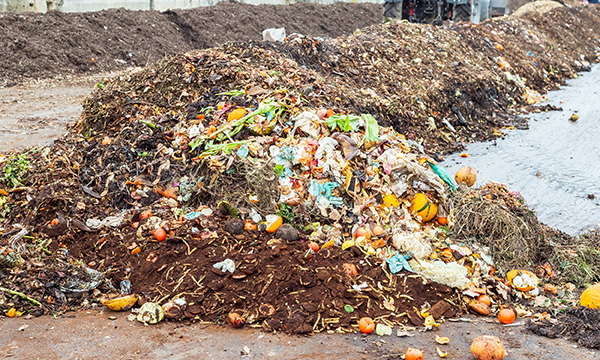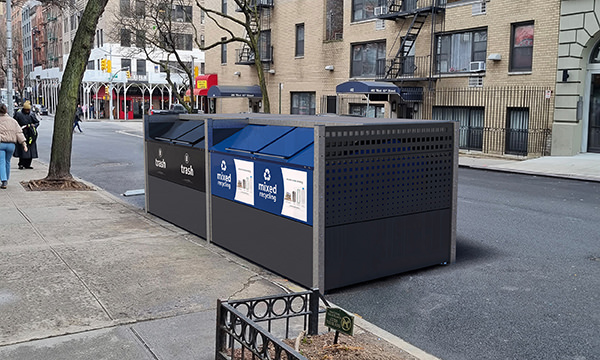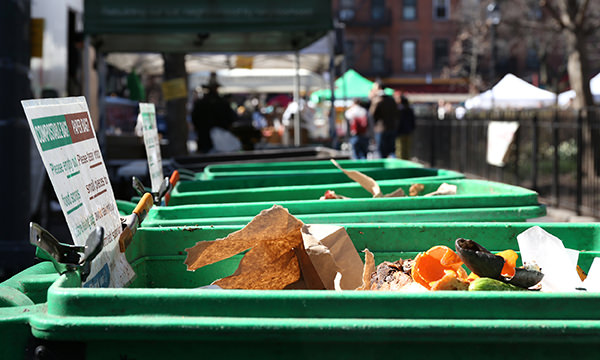

Which States are Introducing New Waste & Recycling Laws in 2024?
As we head into 2024, some U.S. states are implementing new waste & recycling laws to help meet landfill diversion goals in their jurisdiction, tying-in to zero-waste ambitions pushing towards a 2030 target. The recent development of waste-diversion programs across the nation have opened opportunities to implement decisive changes across residential and commercial sectors.
In this article, metroSTOR takes a look into the most recent of these new laws. Set to come into effect this January, these include Bills to reduce plastic waste, producer responsibility programs and new mandates to divert organics from disposal.
Washington
In March 2022, a new bill was put into law that aimed to improve organics management and reduce food and yard waste in landfills in Washington, moving towards composting and anaerobic digestion. With this new law, Washington became the ninth state in the U.S. with regulations that require food waste to be diverted from landfills.
While the new law helped to establish a 75% reduction goal in the amount of organic materials sent to landfills by 2030, Washington State hasn’t sought to implement a complete ban on food and yard waste sent to landfill, but instead placed a requirement on it’s jurisdictions to offer collection services for residents, and for businesses to have this in place as part of their operations. Businesses that generate at least 8 cubic yards of organic waste per week were required to begin their compliance with the new laws from January 1st 2024.
New Jersey
In January 2022, Gov. Phil Murphy Signed a post-consumer recycled content bill into law that established minimum recycled content requirements for plastic, glass and paper packaging in New Jersey.
Coming into effect on January 18th, the new bill is intended to shift demand from virgin to recycled sources. As recycling markets rely significantly on supply and demand, it is hoped that this will help revive the market by requiring manufacturers to to utilize post-consumer recycled materials and meet minimum requirements, helping to increase the resiliency of the recycling industry as a whole.
California
In an effort to reduce plastic consumption and its polluting impact on local communities and the environment at large, California has begun to implement actions to reduce plastic waste. Many plastic manufacturers have been found to dishonestly utilize the recycling symbol in order to make their products seem more sustainable to consumers. In response to this, new laws will be put into effect in 2024 as part of an Extended Producer Responsibility Program (EPR) to increase accountability on producers.
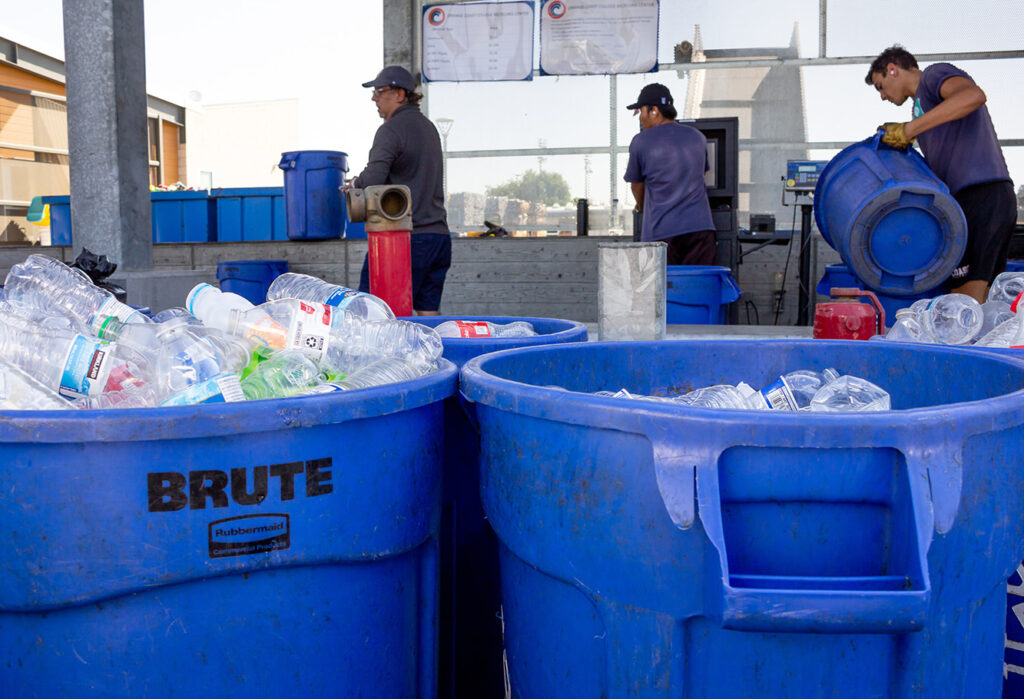
Producers were required to join a state-designated Producer Responsibility Organization (PRO), who have been tasked with operating the EPR program to achieve California’s recycling targets. The application period for this process closed on January 1st. Once CalRecycle, who have published draft regulations and new legislation, selects a new PRO, producers will be given a compliance deadline to join the organization.
Los Angeles, meanwhile, has even begun issuing penalties for a lack of commercial organics recycling services. Commencing in January, L.A. Sanitation and Environment have introduced a mandatory commercial organics recycling, with the new bill requiring commercial properties and businesses that generate 2 cubic yards or more of solid waste per week to arrange for organics recycling services. Like most other cities in California, Los Angeles is required to have an organics recycling ordinance in place by law, meaning commercial buildings and multifamily properties could face penalties in its absence.

